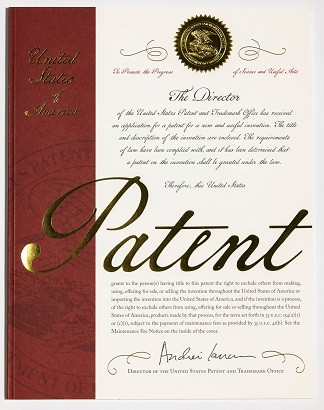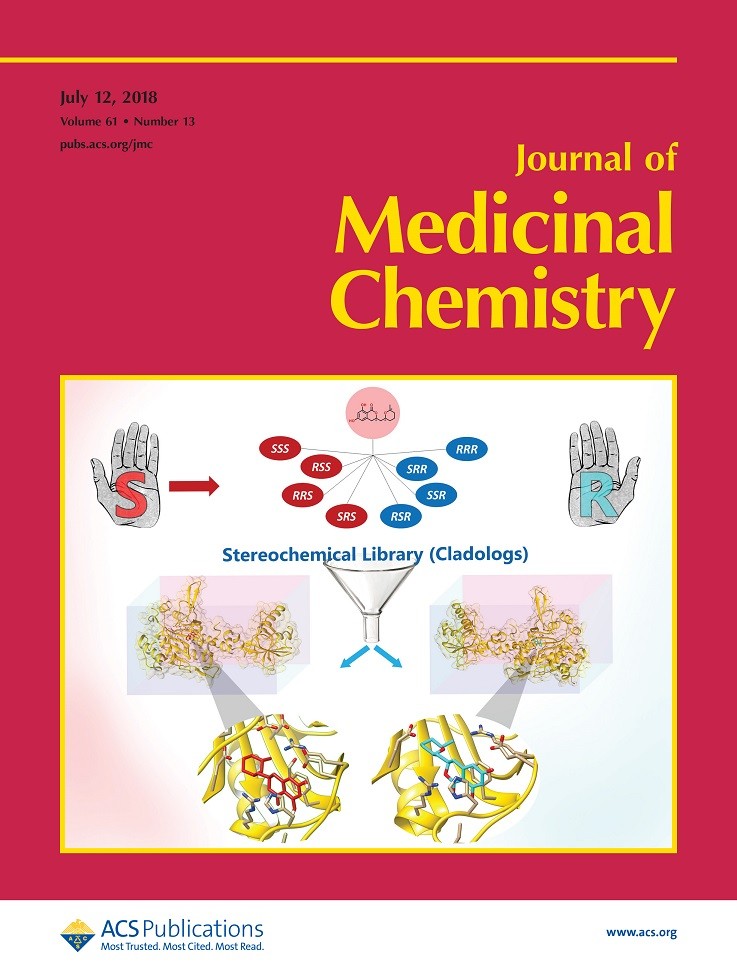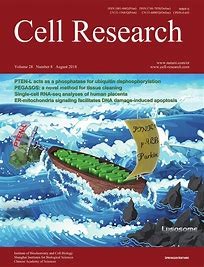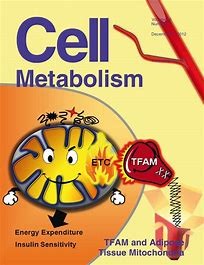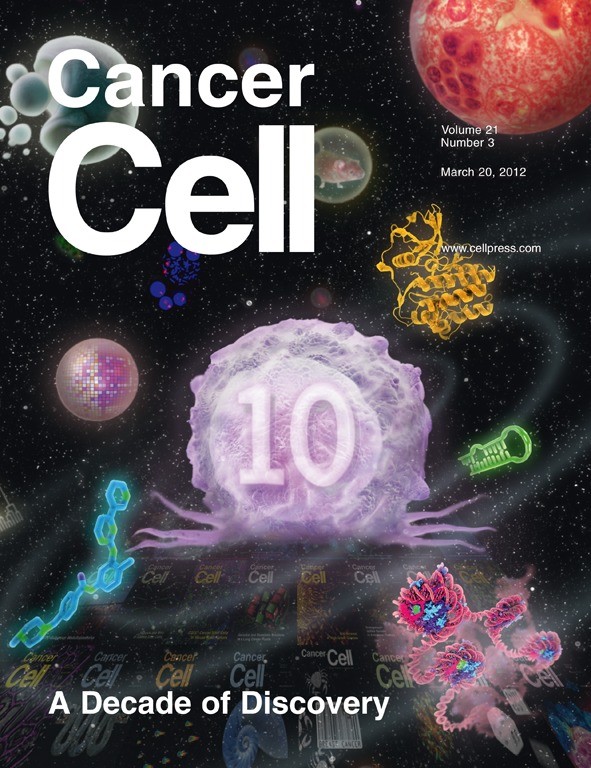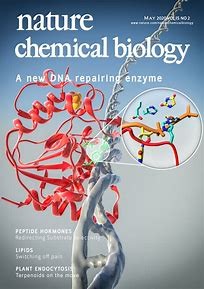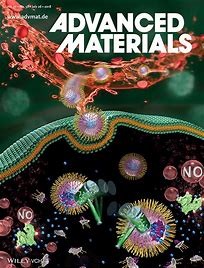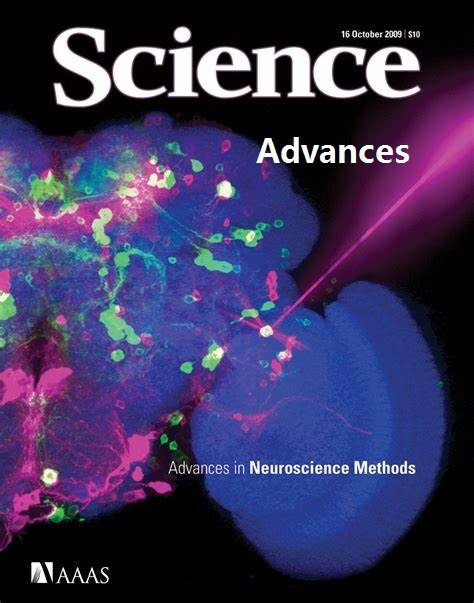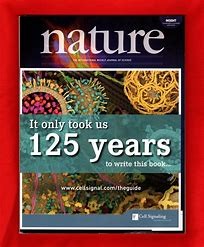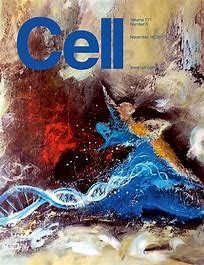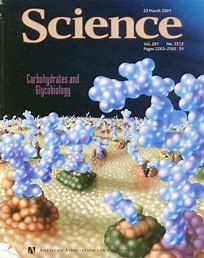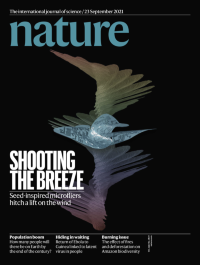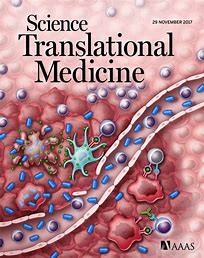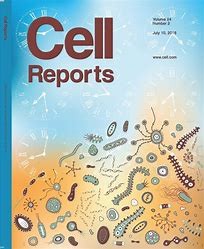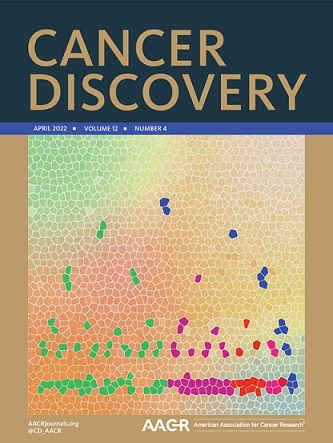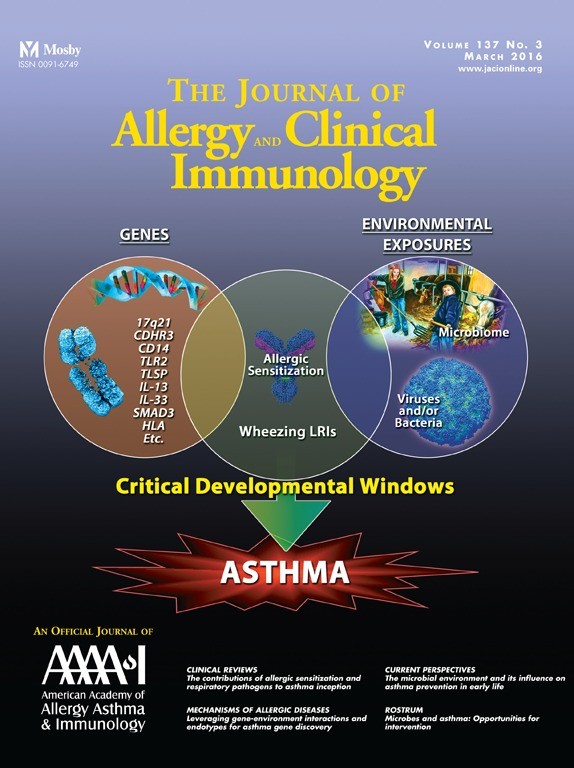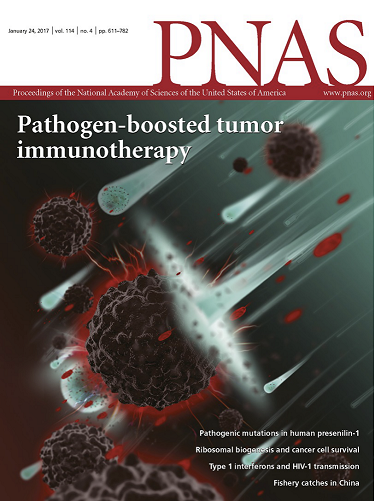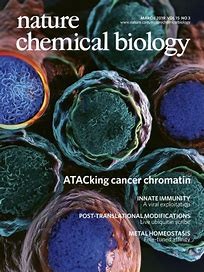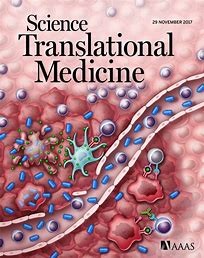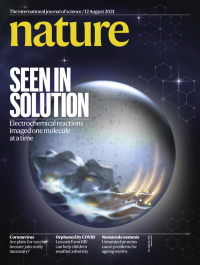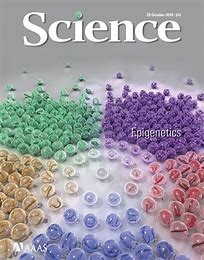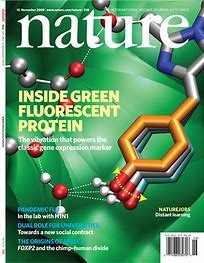Brensocatib (AZD7986)
This product is for research use only, not for human use. We do not sell to patients.
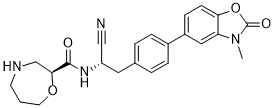
For small sizes, please check our retail website as below: www.invivochem.com
| Size | Price | Stock |
|---|---|---|
| 250mg | $1600 | Check With Us |
| 500mg | $2450 | Check With Us |
| 1g | $3675 | Check With Us |
Cat #: V3984 CAS #: 1802148-05-5 Purity ≥ 98%
Description: Brensocatib (formerly known as AZD-7986; INS-1007) is a novel, second generation, highly potent, covalent reversible, and selective DPP1 (Dipeptidyl peptidase 1) inhibitor with anti-COPD effects.
Top Publications Citing Invivochem Products
Publications Citing InvivoChem Products
Product Promise

- Physicochemical and Storage Information
- Protocol
- Related Biological Data
- Stock Solution Preparation
- Quality Control Documentation
| Molecular Weight (MW) | 420.47 |
|---|---|
| Molecular Formula | C23H24N4O4 |
| CAS No. | 1802148-05-5 |
| Storage | -20℃ for 3 years in powder formr |
| -80℃ for 2 years in solvent | |
| Solubility In Vitro | DMSO: > 10 mMr |
| Water: N/Ar | |
| Ethanol: N/A | |
| SMILES Code | N#C[C@H](CC1=CC=C(C2=CC=C(OC(N3C)=O)C3=C2)C=C1)NC([C@H]4OCCCNC4)=O |
| Synonyms | Brensocatib; INS 1007; AZD7986; INS-1007; AZD-7986; INS1007; AZD 7986 |
| Protocol | In Vitro | Results from cell assay show that Brensocatib (AZD7986) is a Dipeptidyl peptidase 1 (DPP1) inhibitor with pIC50s of 6.85, 7.6, 7.7, 7.8, and 7.8 in human, mouse, rat, dog and rabbit, respectively. Brensocatib is stable in the propionaldehyde reactivity assay, with a half-life over 50 h. After differentiation in the presence of Brensocatib (38 pM to 10 μM), concentration-dependent decreases in cell lysate enzyme activity are observed for DPP1, as well as for all of the three NSPs, NE, Pr3, and CatG. Brensocatib inhibits activation of all three NSPs in a concentration dependent manner, with pIC50 values of around 7 for all three NSPs. The reduction of the activities is almost complete, with NE, Pr3, and CatG activities reduced to 4 to 10% of control at 10 μM Brensocatib. |
|---|---|---|
| In Vivo | Brensocatib (AZD7986) shows good stability in plasma, with a half life of >10 h. Brensocatib inhibits activation of NE and Pr3, but not CatG, in bone marrow cell lysates in a dose dependent manner in vivo. |
These protocols are for reference only. InvivoChem does not
independently validate these methods.
| Solvent volume to be added | Mass (the weight of a compound) | |||
|---|---|---|---|---|
| Mother liquor concentration | 1mg | 5mg | 10mg | 20mg |
| 1mM | 2.3783 mL | 11.8915 mL | 23.7829 mL | 47.5658 mL |
| 5mM | 0.4757 mL | 2.3783 mL | 4.7566 mL | 9.5132 mL |
| 10mM | 0.2378 mL | 1.1891 mL | 2.3783 mL | 4.7566 mL |
| 20mM | 0.1189 mL | 0.5946 mL | 1.1891 mL | 2.3783 mL |
The molarity calculator equation
Mass(g) = Concentration(mol/L) × Volume(L) × Molecular Weight(g/mol)
Mass
=
Concentration
×
Volume
×
Molecular Weight*
The dilution calculator equation
Concentration(start)
×
Volume(start)
=
Concentration(final)
×
Volume(final)
This equation is commonly abbreviated as: C1 V1 = C2 V2
Concentration(start)
C1
×
Volume(start)
V1
=
Concentration(final)
C2
×
Volume(final)
V2
Step One: Enter information below
Dosage mg/kg
Average weight of animals g
Dosing volume per animal µL
Number of animals
Step Two: Enter the in vivo formulation
%DMSO
+
%
+
%Tween 80
+
%ddH2O
Calculation Results:
Working concentration:
mg/ml;
Method for preparing DMSO master liquid:
mg
drug pre-dissolved in
µL
DMSO(Master liquid concentration
mg/mL)
,Please contact us first if the concentration exceeds the DMSO solubility of the batch of drug.
Method for preparing in vivo formulation:
Take
µL
DMSO master liquid, next add
µL
PEG300, mix and clarify, next add
µL
Tween 80,mix and clarify, next add
µL
ddH2O,mix and clarify.
Note:
- (1) Please be sure that the solution is clear before the addition of next solvent. Dissolution methods like vortex, ultrasound or warming and heat may be used to aid dissolving.
- (2) Be sure to add the solvent(s) in order.
